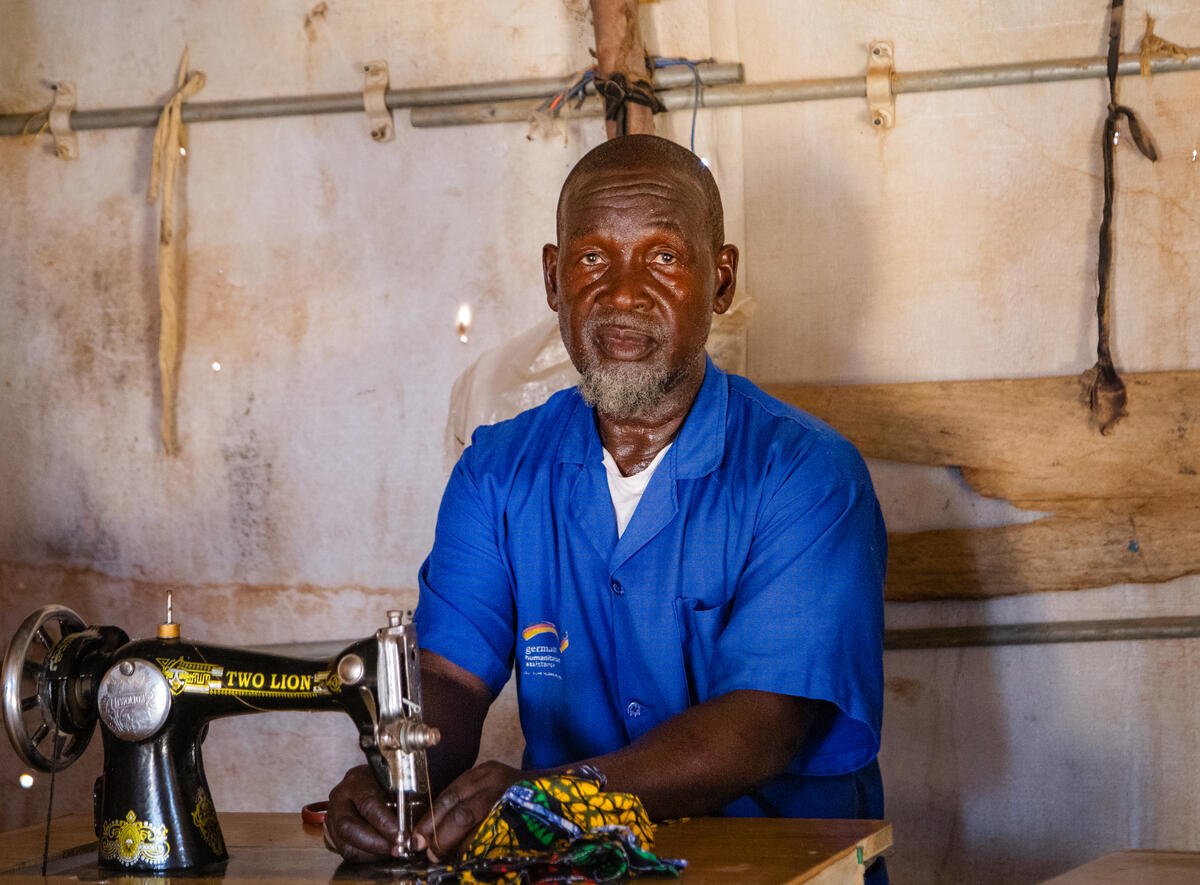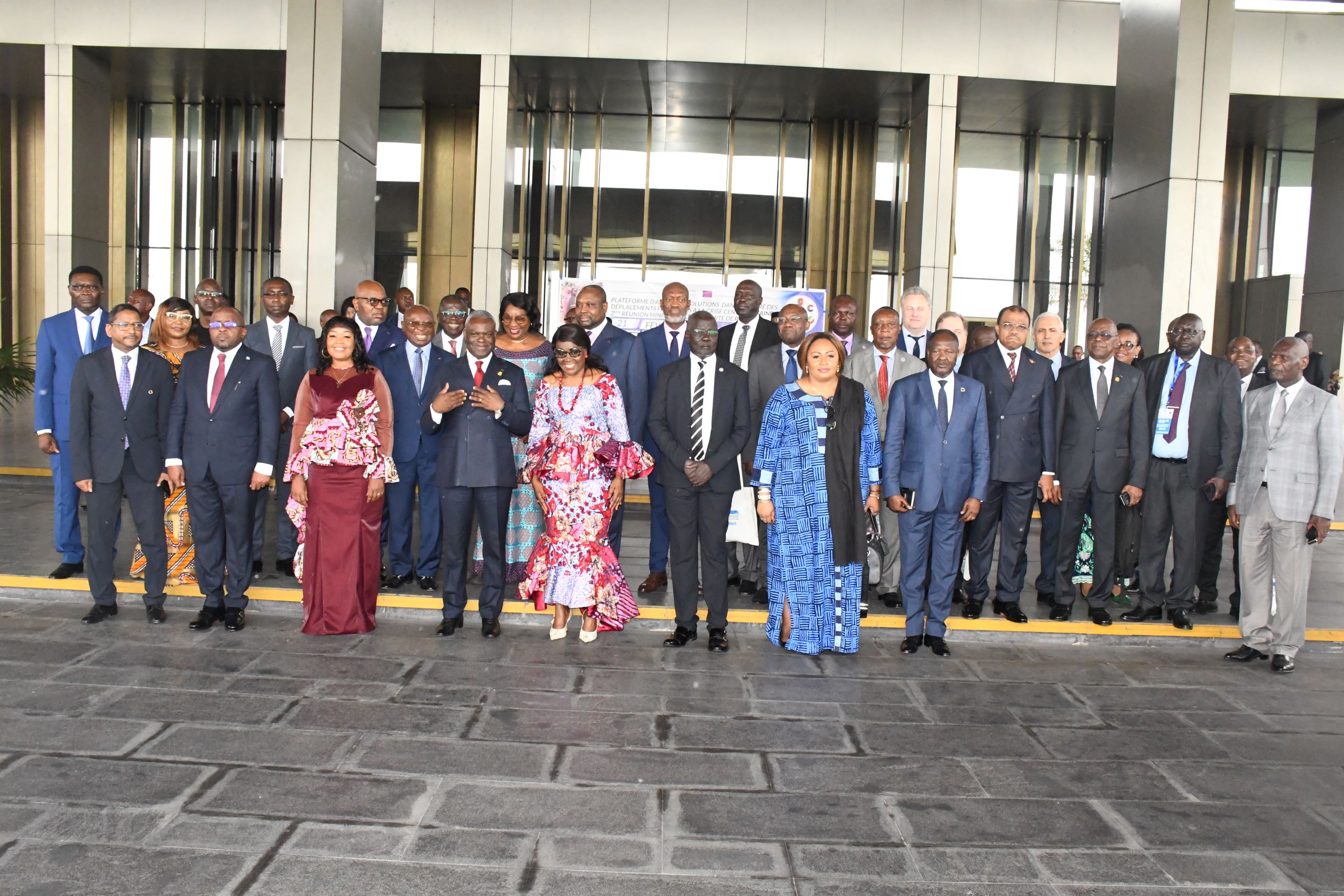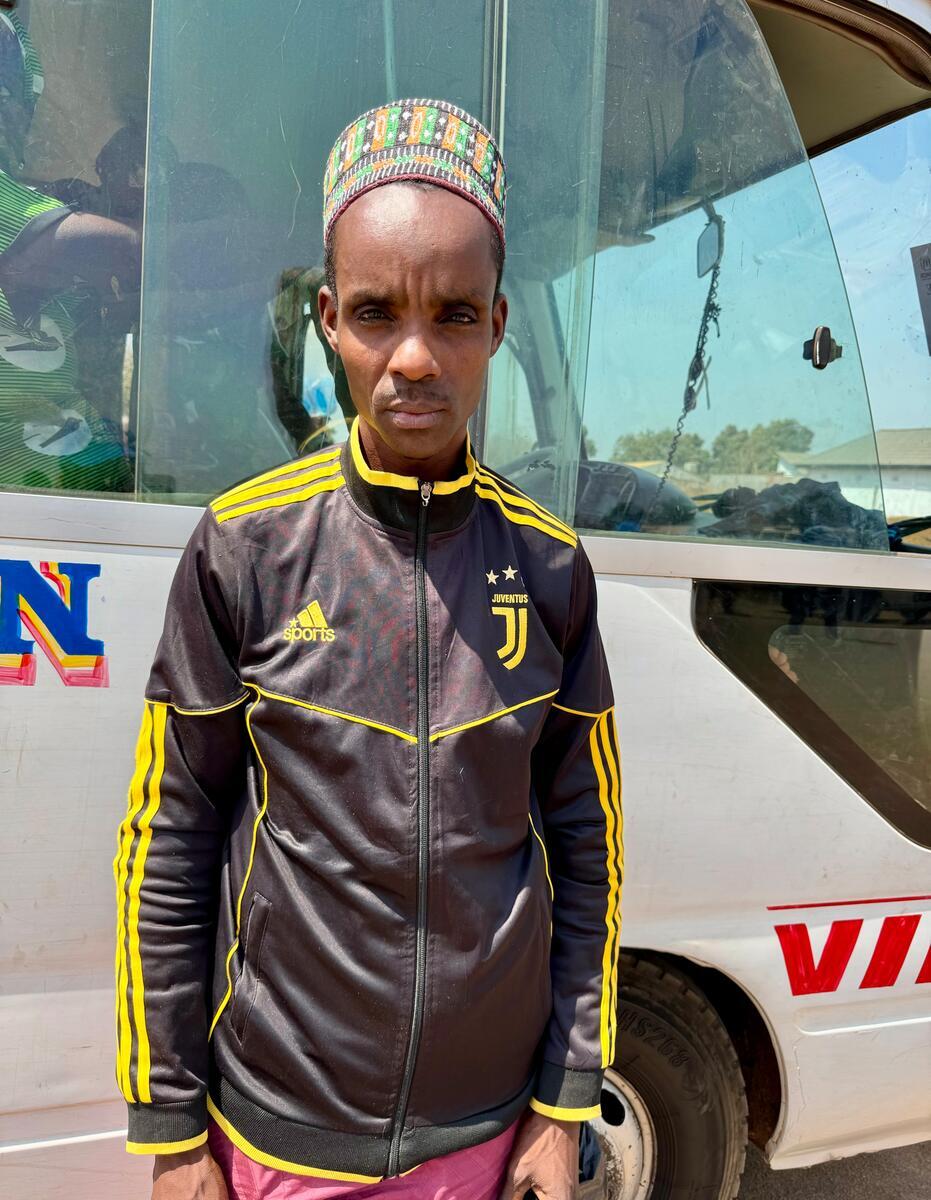Statelessness advocate celebrates historic academic achievement in Kenya

Statelessness advocate celebrates historic academic achievement in Kenya
Nosizi Dube, a member of the formerly stateless Shona community in Kenya and the first from her community join university, at her graduation ceremony in Nairobi, Kenya.
Dizzying excitement filled Nosizi Dube’s heart as she opened a letter offering her a place to study economics at the University of Nairobi four years ago. But with neither the birth certificate nor identity card required for university entry in Kenya, Nosizi’s excitement quickly turned to worry: how would her dream of a degree be possible?
As a member of Kenya’s stateless Shona community, Nosizi’s life had been marred by obstacles caused by her lack of legal identity. “I had no idea how I would get into university and start my studies,” she said.
But the 24-year-old has always believed in striving for the impossible. Nosizi’s strong academic record and unwavering desire for education fueled her determination, and in 2020 UNHCR, the UN refugee agency, and partners helped to convince the university to accept Nosizi despite her lack of legal citizenship.
The intervention was part of years of concerted advocacy that in 2021 saw the Government of Kenya grant citizenship to 1,659 Shona people, ending more than half a century of statelessness. The historic move has had a profound positive impact on the Shona community: children now have birth certificates, enabling them to attend school, access government bursaries, medical services and health insurance.
Achieving full potential
For Nosizi, the advocacy had paid off in a very specific way, as she stood in the university graduation square earlier this year, in a black gown and mortarboard cap clutching her degree certificate. “Today is a very special day for me. It marks an end to the struggles I faced and unlocks more opportunities for me,” she said, beaming with pride.
“This degree is a pathway to employment, and I hope to earn a scholarship to continue with my master’s,” she said. After that, Nosizi plans to turn her efforts to working for economic empowerment of stateless people.
“In the last four years, I have experienced what it means to live up to your full potential without limitations,” Nosizi said emphasizing the profound impact having an identity and citizenship.
“My graduation is like a new door that has opened for my family. Being the first graduate means financial stability and serves as an inspiration for my siblings,” Nosizi said.
UNHCR launched the #IBelong campaign in 2014 to resolve statelessness. Over the last decade, significant strides have been made globally. Hundreds of thousands of stateless people have found pathways to citizenship, with many countries stepping up efforts to end statelessness. Since 2010, 77 countries have joined international conventions to protect stateless people, and 22 states have launched national plans to eliminate statelessness. Kyrgyzstan became the first country to resolve all known cases of statelessness, followed recently by Turkmenistan while other countries including KenyaLink is external, Sierra Leone, Madagascar and Liberia have made key advances.Link is external
“Since the Kenyan government recognized the Shona as citizens, a lot of doors have opened for them, allowing them to improve their livelihoods through access to documentation,” said Samwel Okute, UNHCR’s Senior Protection Associate for Statelessness, based in Nairobi.
From #IBelong to Global Alliance
As the #IBelong campaign wraps up, UNHCR is launching a new initiative. The Global Alliance to End StatelessnessLink is external brings together states, civil society, advocacy groups and other stakeholders to continue the global effort to ensure that everyone realizes the right to nationality.
As Nosizi faces the future, her hope is for an end to statelessness everywhere. “The future I see is one where stateless people live in an inclusive world where they are seen, heard, included in all spaces and have opportunities to thrive,” she said.
“There are still stateless communities out there. It’s a situation that marginalizes people and denies them basic rights. Statelessness is a human rights issue, and human rights cannot be postponed,” she said.
Nosizi believes her achievement can be a beacon of hope for other stateless people. “Completing a degree is my biggest achievement. It’s not just huge for me, but for other stateless communities,” she said. “No matter the barriers, no matter the circumstances, anything is possible.










